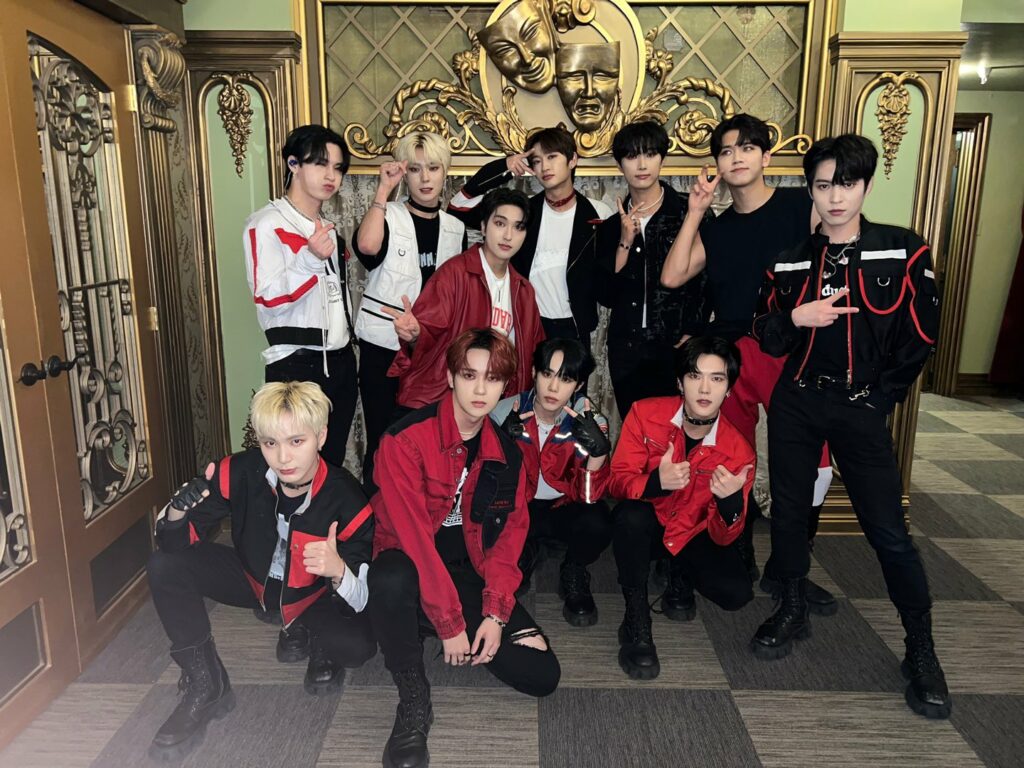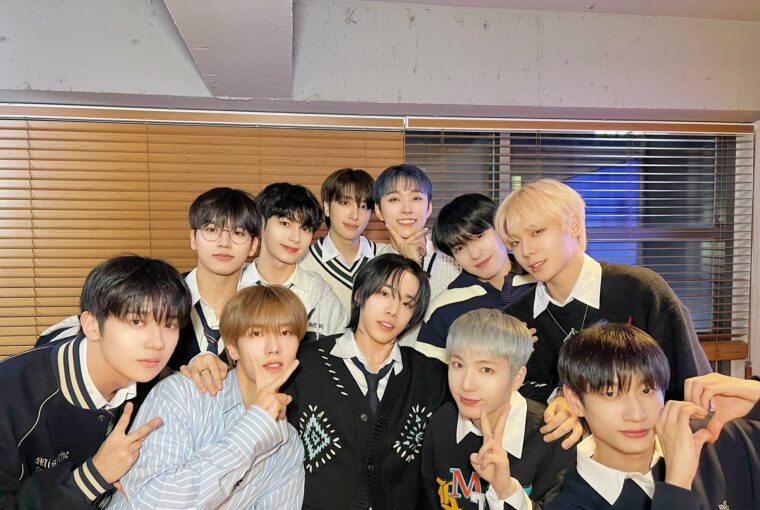SPIRE Entertainment, the former agency of the K-pop group OMEGA X, has taken a significant step in the ongoing controversy surrounding the group by reporting IPQ and DANAL Entertainment to the Fair Trade Commission. This move aims to address suspicions of tampering and alleged unfair practices related to OMEGA X’s transition between agencies.
SPIRE Entertainment Reports IPQ and DANAL Entertainment to Fair Trade Commission Amid OMEGA X Controversy
On January 30, SPIRE Entertainment officially confirmed that they had initiated this action, emphasizing their dedication to “uncovering the genuine truth” behind the incident. The agency highlighted the complexity of the process but underscored its necessity to ensure transparency and justice in the ongoing dispute.

SPIRE has expressed its intention to pursue various legal measures, including civil and criminal actions for damages. They plan to rectify any inaccuracies present in previous media reports by filing a complaint with the Press Arbitration Commission and seek compensation for damages after the Fair Trade Commission renders its decision. The agency aims to use this opportunity not only to address the specific issues concerning OMEGA X but also to contribute to strengthening the K-pop market and eradicating any unfair practices or tampering.
The controversy dates back to November 2022 when OMEGA X initiated legal proceedings against SPIRE Entertainment to regain intellectual property rights (IP) transferred to IPQ. In response, IPQ denied engaging in any illegal activities or tampering attempts during the process of terminating OMEGA X’s exclusive contract with SPIRE Entertainment and recruiting them to IPQ.
By reporting IPQ and DANAL Entertainment to the Fair Trade Commission, SPIRE Entertainment seeks an impartial examination of the situation, hoping for a resolution that will not only address the specific concerns related to OMEGA X but also set a precedent for fair and transparent practices within the K-pop industry. The outcome of this action will be closely monitored by industry stakeholders, fans, and the wider public, as it has implications for the treatment of intellectual property rights and agency transitions in the K-pop landscape.







